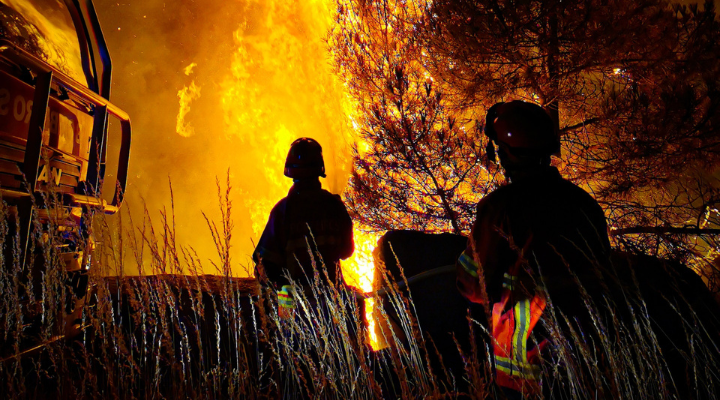As the bushfire season looms, the country’s food and grocery supply chains are better prepared for potential disruptions as they draw upon lessons learned from recent encounters with floods, bushfires, and the COVID-19 pandemic, the Australian Food and Grocery Council (AFGC) says.
Tanya Barden, CEO of the AFGC, praised the federal government’s National Disaster Preparedness Summit for improving information sharing and collaboration ahead of the heightened bushfire risks of the hot, dry summer.
“In recent years, we have had a high degree of coordination among all levels of government and supply chain partners to share information and minimise disruption,” Barden said. “So, it is reassuring for industry and consumers that planning is already in place.”
Barden explained that these events have various impacts, from agricultural produce shortages to disruptions in the supply lines to get ingredients from manufacturing to supermarkets and vice-versa.
However, she said that these are short-lived events.
“We are a nation that faces frequent weather events, and food and grocery manufacturing is a vital sector with a very complex network of supply chains,” Barden said. “Over the past few years of major floods, bushfires and COVID, we have experienced massive supply chain disruptions, but the food and grocery manufacturing sector has stocked supermarket shelves.”
Looking ahead, Barden suggests it is vital to have government policies that support improved transport networks and a resilient and sustainable domestic food and grocery manufacturing sector.
This story first appeared on our sister publication Inside FMCG
















